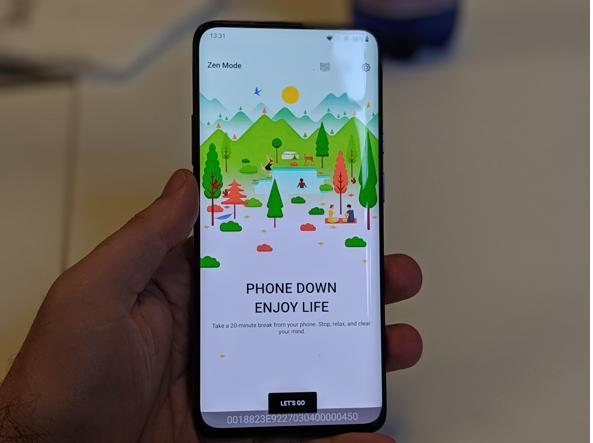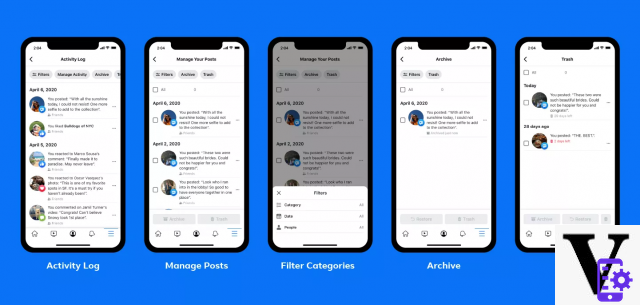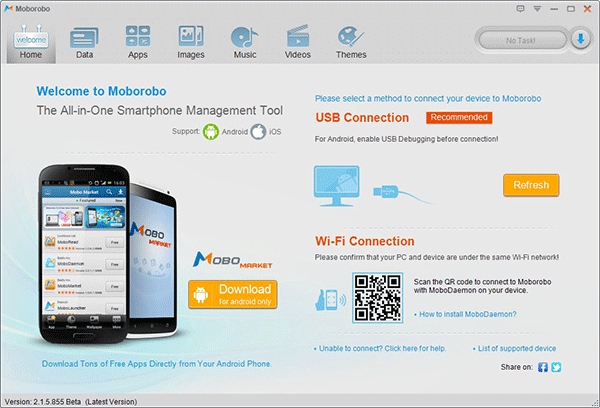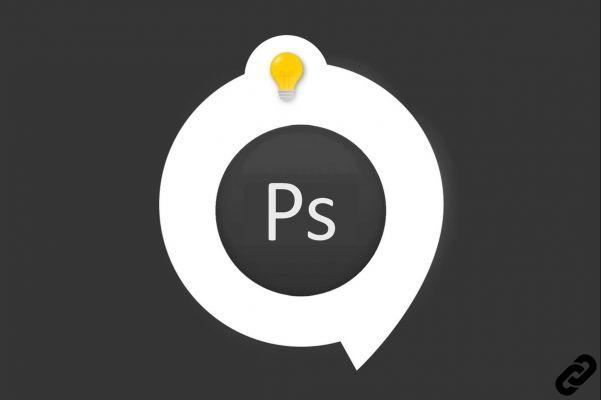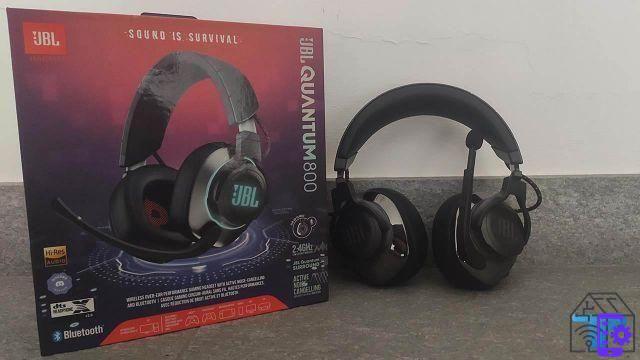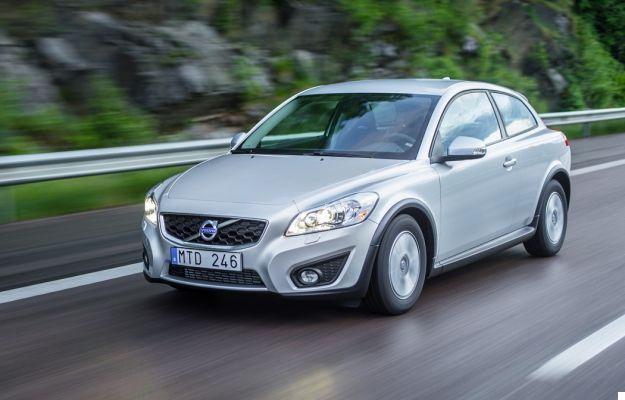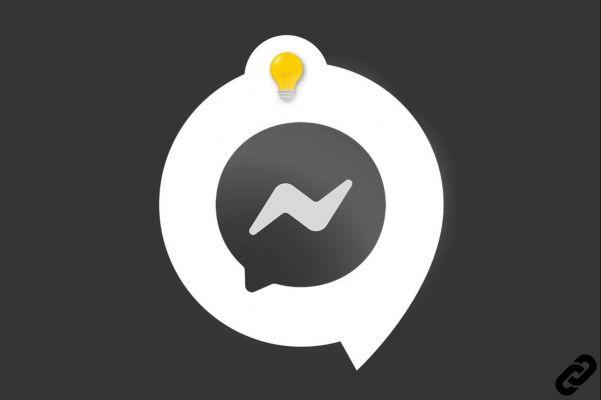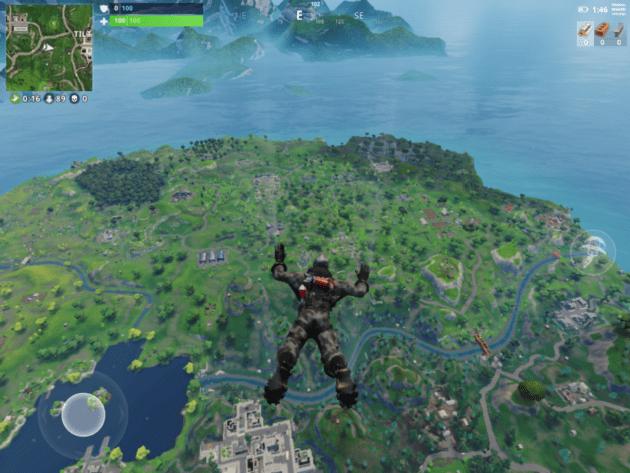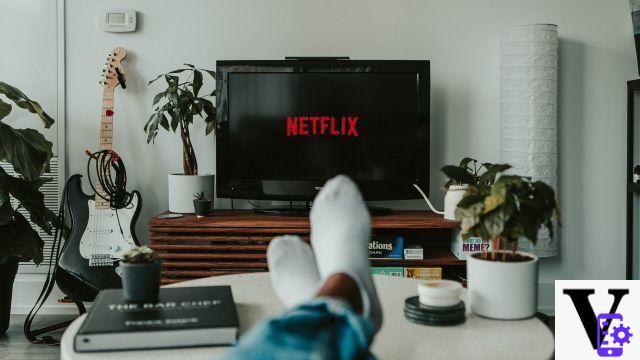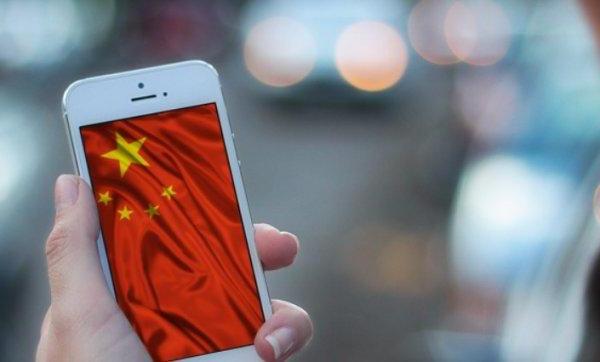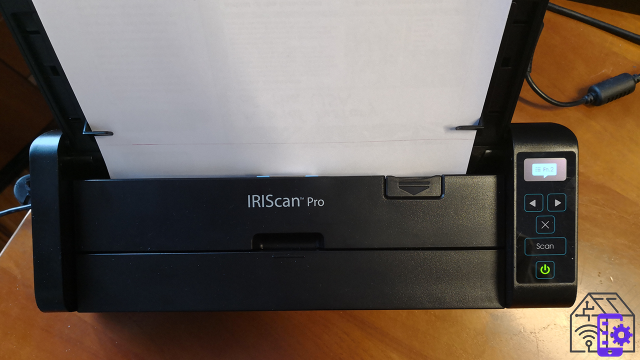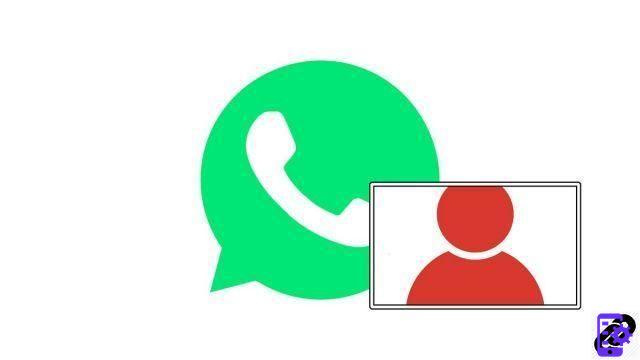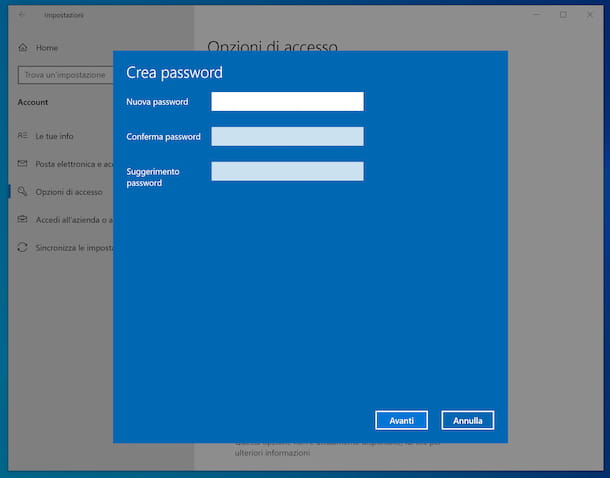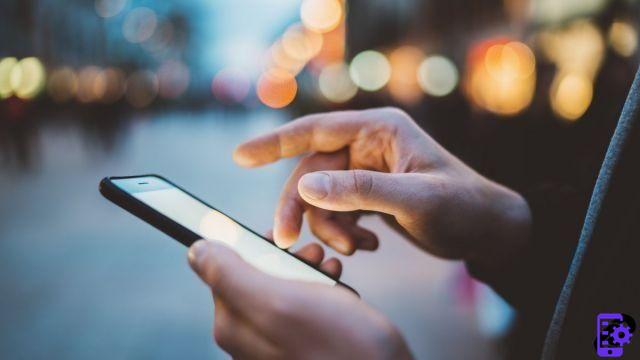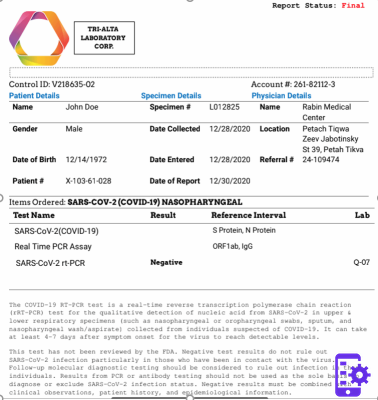5 security threats everyone should know
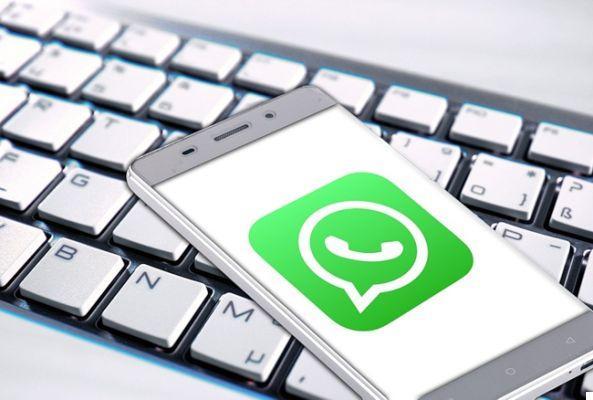





WhatsApp, the Facebook-owned instant messaging platform, is one of the most popular instant messaging apps in the world. It is estimated that over a billion people use the app, sending more than 65 billion messages a day.
Unsurprisingly, then, security concerns, malware threats, and spam have begun to get noticed.
Here's everything you need to know about security issues regarding WhatsApp:
Do you want to surf without limits at 1 Gigabit with real optical fiber? Check if your area is covered and discover the incredible rate of InformaticsKings UltraInternet Fibra!
1) Malware related to WhatsApp web
WhatsApp's colossal user base makes it an obvious target for cybercriminals, many of whom focus on Web WhatsApp. For many years, Whatsapp has allowed you to open a site, or download a desktop app, scan a code with the app on your mobile and use WhatsApp on your computer.
Stores available on mobile (App Store su iOS e Google Play su Android) generally have very strict regulations regarding the presence of apps in catalogs. When you search for WhatsApp on these stores, it is generally clear which is the official app. The same cannot be said of what is on the Net outside the official stores.
There have been instances where hackers, criminals and scammers have taken advantage of this situation by making it appear that malicious software is WhatsApp in the desktop version. If you have been unfortunate enough to have downloaded a copy, be aware that the program could distribute malware or otherwise compromise your computer.
Others have used a different approach, creating phishing sites that attempt to persuade you to provide personal information. Some of these sites disguise themselves as Web WhatsApp, asking for your phone number to connect to the service. However, that number will be used to bombard you with spam or to correlate you with other hacked data on the internet.
To stay on the safe side, it's best to only use apps and services from official sources. To use WhatsApp Web go to this address.
2) Unencrypted backups
Messages sent on WhatsApp are encrypted end-to-end. This means that only your device, and that of your recipient, can decrypt them. This feature prevents messages from being intercepted during transmission, not even by Facebook itself. This does not protect them, however, once they are decoded.
WhatsApp allows you to backup messages and files on Android and iOS. It is an essential function that allows you to recover WhatsApp messages deleted by mistake. There is a local backup on your device, as well as a cloud-based backup. On Android, WhatsApp data can be copied to Google Drive. If you are using an iPhone, the backup destination is iCloud. These backups contain the messages decrypted by your device.
The backup file stored on iCloud or Google Drive is not encrypted. Since this file contains decrypted versions of all messages, it is theoretically vulnerable and puts WhatsApp's end-to-end encryption at serious risk.
Since you have no choice in the location of your backups, you are simply at the mercy of cloud managers to keep your data safe. While no major hacker attacks have been carried out on iCloud or Google Drive to date, that doesn't mean it's not entirely possible. There are also other means that hackers could use to access your cloud accounts.
One of the benefits of encryption is (or should be) the ability to prevent governments and law enforcement from accessing your data. Since the unencrypted backup is stored on one of the two most well-known American cloud services, it would take a warrant to be able to access the messages. If you choose to back up your WhatsApp data to the cloud, the end-to-end encryption will be seriously compromised.
3) Sharing of Facebook data
Facebook has been heavily criticized in recent years. One of these criticisms concerns its "de facto" monopoly and its actions to the detriment of competition. Regulators try to minimize anti-competitive behavior by evaluating any attempt to purchase competitors.
So when Facebook decided to add WhatsApp to its portfolio, the European Union approved the decision as long as the two companies (and their data) were kept separate.
It wasn't long before Facebook returned to this agreement by updating its privacy policy in 2016 to allow data sharing from WhatsApp to Facebook. While the extent of this data pass was not disclosed, it was understood that it still included phone numbers and usage data (such as the last time the service was used).
At the time, they claimed that none of the information would be publicly visible on Facebook, suggesting that it would remain hidden in their profile. After this announcement, WhatsApp allowed users to opt out of this data sharing. In the following years the option was silently eliminated.
4) Fake news e truffe
In recent years, social media companies have been criticized for allowing the spread of fake news and miscellaneous disinformation. Facebook, in particular, was condemned for its role in spreading disinformation throughout the 2016 American presidential campaign.
WhatsApp has also been there. During the riots that occurred in India in 2017 and 2018, messages containing kidnappings of children were artfully packaged, seasoned with local information. These messages spread everywhere and culminated in the lynching of those who were unjustly accused of these bogus crimes.
In Brazil, WhatsApp was the primary source of fake news throughout the 2018 election. Since this type of misinformation was very easy to spread, businessmen set up companies that created illegal disinformation campaigns. on WhatsApp against candidates. They were able to do this because on WhatsApp the username matches the phone number, and so they bought lists of phone numbers to target.
Both issues dragged on throughout 2018, a devastating year for Facebook. Digital disinformation is a difficult problem to address, but many considered WhatsApp's reaction to these events to be on the verge of indifference.
However, the company implemented some changes, such as the message forwarding limit, increased from 250 groups to just 5. In addition, the company has also eliminated the button for forwarding in several regions.
5) The "status" of WhatsApp
For many years the "state"of WhatsApp, a short line of text, was the only way to let everyone know what was being done at a given moment. The status has evolved and has practically become the clone of Instagram Stories.
Instagram is a platform intended to be public, although it is possible to make your profile private. WhatsApp, on the other hand, is a more intimate service, and is used more to communicate with friends and family .. For this reason it could be considered that even sharing a state on WhatsApp is private.
That's not the case. Anyone in your contact list on WhatsApp can see your status. And luckily, it's easy enough to control the people you're sharing it with.
Go on Settings> Account> Privacy> Status and you will have three possible options to choose from.
Is WhatsApp ultimately safe?
WhatsApp is a confusing platform. On the one hand, the company has implemented end-to-end encryption in one of the most popular apps in the world. Which is certainly a good thing.
There are, however, other open questions regarding security. One of these is being owned by Facebook, with all that that goes with it in terms of privacy dangers and disinformation campaigns.
If this makes you feel as if your communications on WhatsApp are perpetually at risk, you could use alternative apps such as Wickr (which sends self-destructing messages) or Signal, which transparently encrypts messages. Or again, move on to Telegram , an open source project based on 256-bit symmetric AES and 2048-bit RSA encryption, virtually undecipherable by hackers.









